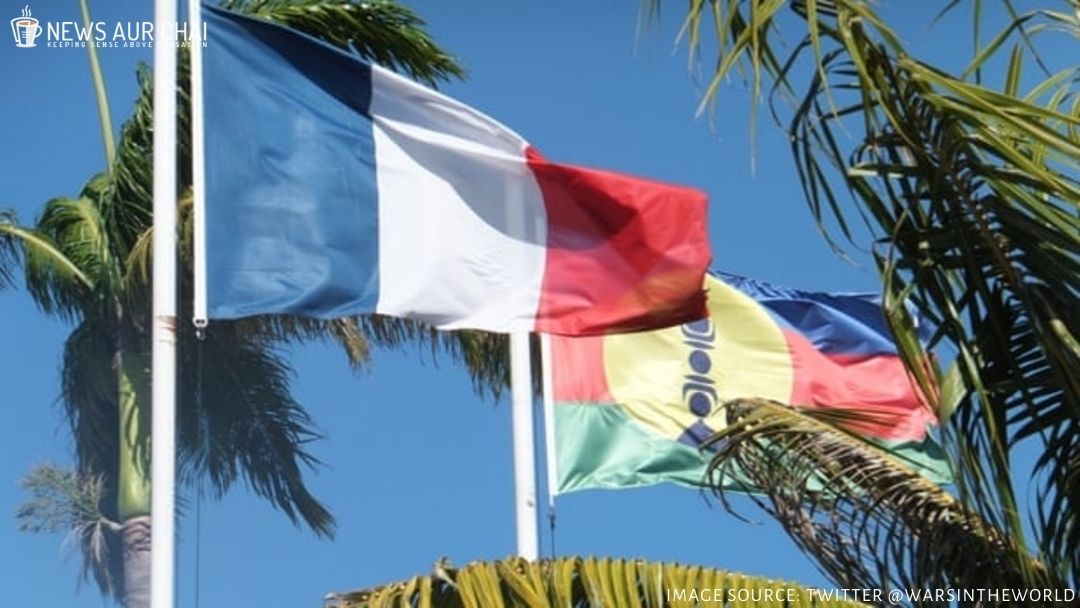
On October 4, a second independence referendum was held at New Caledonia in which majority rejected sovereign state decided to stay within the French Republic.
New Caledonia is an outlying French territory in South Pacific Ocean neighbouring Fiji and Australia. The history dates back to 1774 when Captain James Hook discovered and named the island. After that, it became a French colony in 1885 by Napoleon III and subsequently a French overseas territory in 1946.
The population of the island account for indigenous Kanaks, Europeans born within the territory (Caldoche) and other mixed heritage inhabitants. The indigenous Melanesian Kanaks have sporadically rebelled over the French rule concerning autonomy and racial differences.
Series of events:
Kanaks population from 1853 declined owing overcrowding of Europeans, the spread of diseases and ecological degradation as the island and its people weren’t disclosed to the outer world.
French kingdom was attracted to the island, given its ecological and mineral importance. France employed men to extract nickel and copper on the island at the cost and property of indigenous Kanaks. As a result, Kanaks revolted in 1878, which led 200 Europeans dead. The rebel was suppressed massively by French army wherein Kanak leader was decapitated.
With small intermittent clashes once in a while, the 1980s saw vast violence by attacks on police stations, boycott and destruction of elections, taking French military as hostages. The forum behind this “Front de Liberation Nationale Kanak Socialiste” (FLNKS) proposed self-governance.
Nouméa Accord:
Eventually, in 1998 “Nouméa Accord” was signed by the French government and FLNKS to give higher autonomy in the region and more political representation to indigenous kanakas or pro-independent people as Europeans largely dominate the island.
The Nouméa Accord in 1998 allowed a transition of 20 years until New Caledonia itself collectively decides whether to stay with France or be an independent state. Accordingly, enabled three respective referendums for 2018, 2019 and 2020.
The accord allows France to control the defence, foreign policy and currency till that time independence is not sanctioned officially by referendums.
2018 Referendum:
The first independence referendum of 108 saw a result of 56.4 per cent maintaining the status quo and 43.6 per cent in favour of independence. It marked a slight move towards the pro-independence position, with a narrow victory.
2020 Referendum:
As per the accord, a referendum was held on October 4, 2020, which saw more than 85 per cent populating casting votes. Here, Independence was rejected with 53 per cent of voters casting for the status quo of the French Republic.
Reasons:
New Caledonia believes that as part of French territory, it would have an economic and diplomatic edge. Paris provides largescale educational subsidies and defence to Noumea. The current standard of living and accustomed administration on the island would collapse and create chaos.
On the other hand, certain New Caledonians opine that economically it would enrich because of immense nickel presence in the island. New Caledonia accounts for 15 per cent of France’s GDP. Moreover, indigenous people want recognition of their identity and culture.
Emanuel’s Response:
In his speech from the Élysée Palace, French President Emmanuel Macron welcomed the results and said “I hear the voices of the people and I welcome this sign of confidence in the republic with a profound sense of gratitude.”
EN DIRECT | Déclaration suite au second vote sur l’accession à l’indépendance de la Nouvelle-Calédonie. https://t.co/cuacUzABPb
— Emmanuel Macron (@EmmanuelMacron) October 4, 2020
It is to be noted that a third referendum can be held within two years if a third of the local assembly of New Caledonia votes in favour of it.





